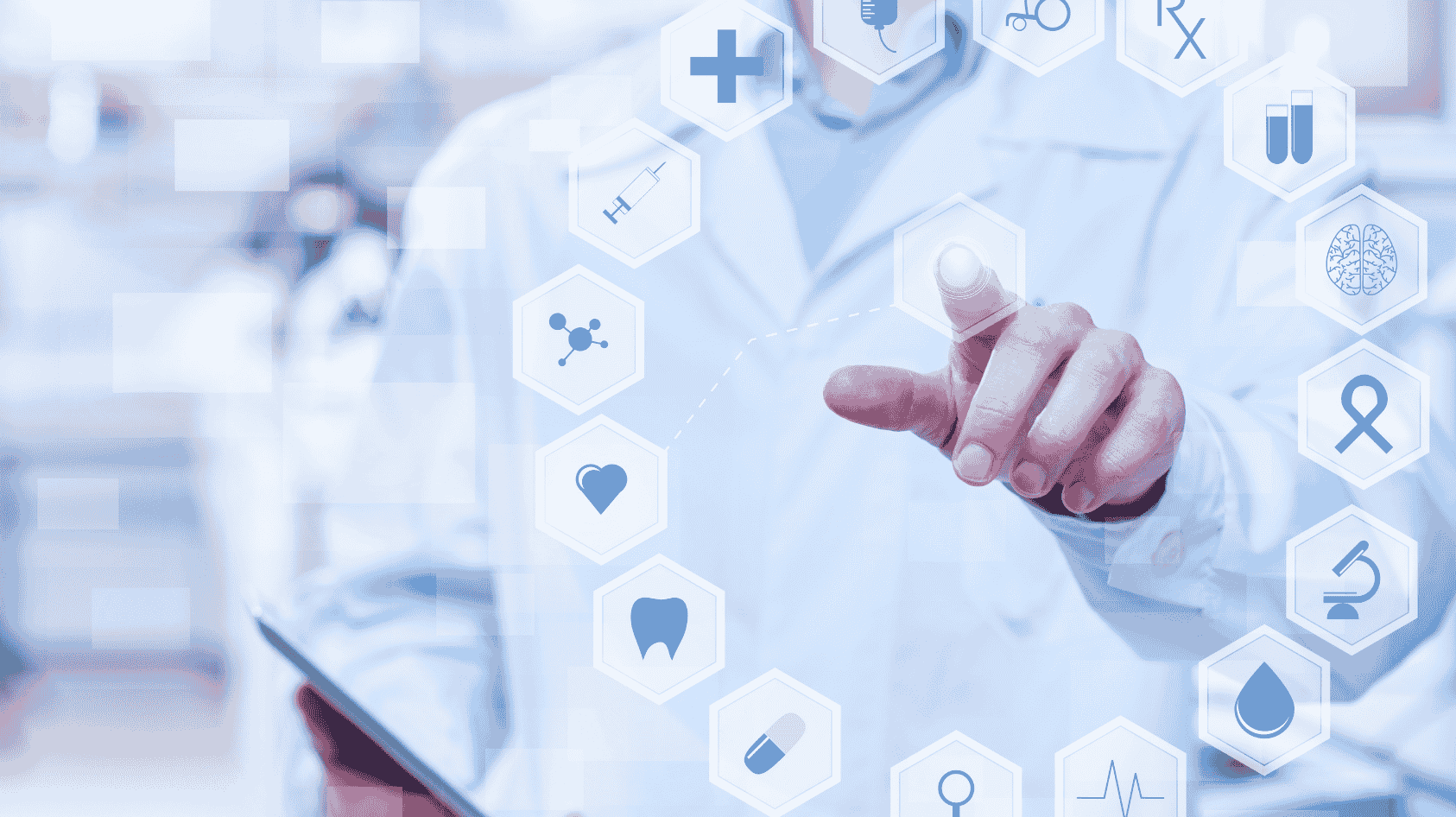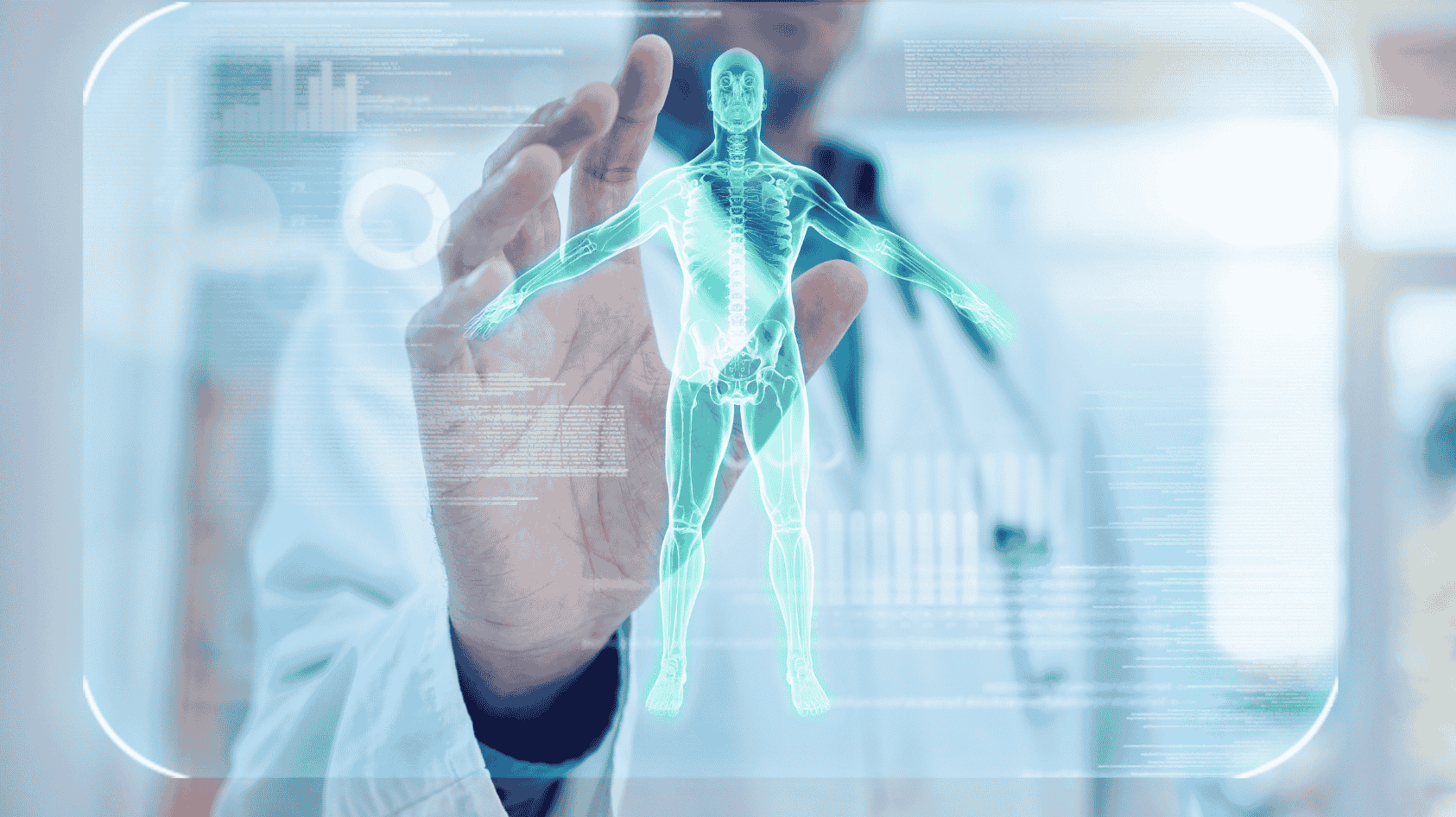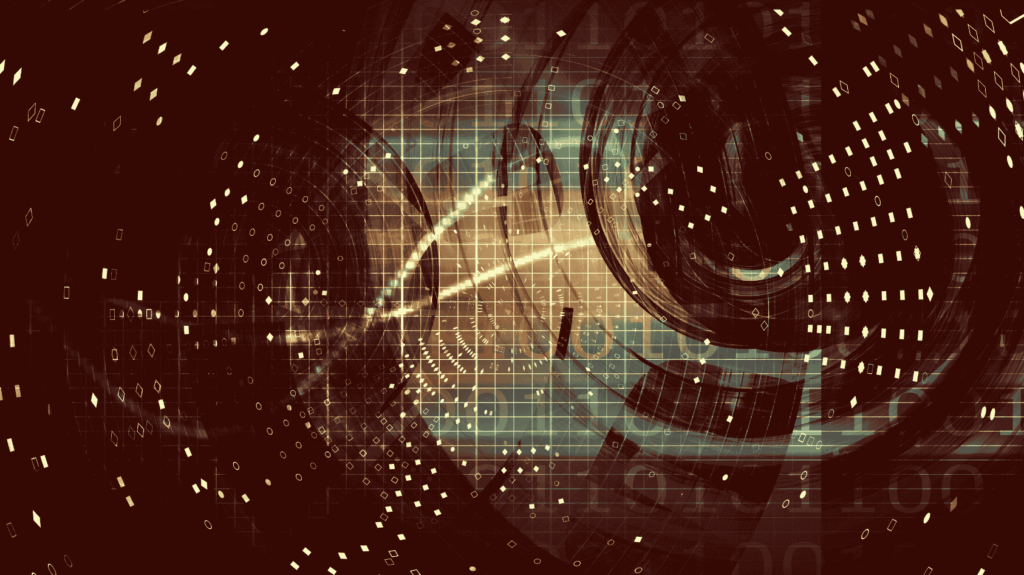Medical devices are playing a transformative role in the healthcare sector, marking a significant shift in how diseases are diagnosed, monitored, and treated. From wearable health trackers to advanced surgical robots, these innovations are enhancing patient care and improving outcomes. As technology advances, the potential for medical devices to revolutionize healthcare continues to grow.
Wearable devices have revolutionized the way we monitor health. From fitness trackers to smartwatches, these devices continuously collect data on vital signs such as heart rate, blood pressure, and sleep patterns. This real-time monitoring allows for early detection of potential health issues, enabling timely intervention and personalized care plans.
Surgical robots and minimally invasive techniques are transforming the landscape of surgery. These devices offer increased precision and control, reducing the risk of complications and speeding up recovery times. Robotic-assisted surgeries, such as those performed with the da Vinci Surgical System, allow surgeons to operate with enhanced dexterity and accuracy, leading to better patient outcomes.
Remote Patient Monitoring and Telemedicine
The integration of medical devices with telemedicine platforms has expanded access to healthcare. Remote monitoring tools allow patients to receive care from the comfort of their homes, reducing the need for in-person visits and minimizing the strain on healthcare facilities. Telemedicine has proven especially valuable during the COVID-19 pandemic, enabling continuous care for patients with chronic conditions.
Imaging technologies have seen significant advancements, with devices such as MRI machines and CT scanners becoming more sophisticated. These tools provide detailed images of the body, aiding in the early detection and diagnosis of diseases. Innovations such as 3D imaging and AI-powered diagnostic tools are further enhancing the accuracy and efficiency of medical imaging.

The Future of Medical Devices
AI and big data analytics are playing a crucial role in the development and utilization of medical devices. AI algorithms can analyze vast amounts of data from medical devices, identifying patterns and making predictions about disease progression and treatment outcomes. This data-driven approach enables more personalized and effective care, optimizing treatment plans and improving patient outcomes.
The future of medical devices holds immense potential for further advancements. As technology continues to evolve, we can expect to see even more innovative devices that improve patient care and streamline healthcare processes. Challenges such as data security, regulatory compliance, and ensuring accessibility must be addressed to fully realize the benefits of these technological advancements.
Medical devices are shaping the future of healthcare by offering new ways to diagnose, monitor, and treat patients. These innovations are enhancing the precision and efficiency of medical care, leading to better patient outcomes and a more sustainable healthcare system. Continued investment in research and development, along with collaboration among stakeholders, will be essential to unlocking the full potential of medical devices and transforming the healthcare landscape.
Regulatory Challenges and Solutions
Ensuring the safety and efficacy of medical devices is paramount, and navigating regulatory landscapes poses challenges. Different countries have varying standards and approval processes, making it complex for manufacturers. However, harmonizing regulations and promoting global standards can help streamline the approval process, ensuring that innovative medical devices reach patients more quickly and safely.

